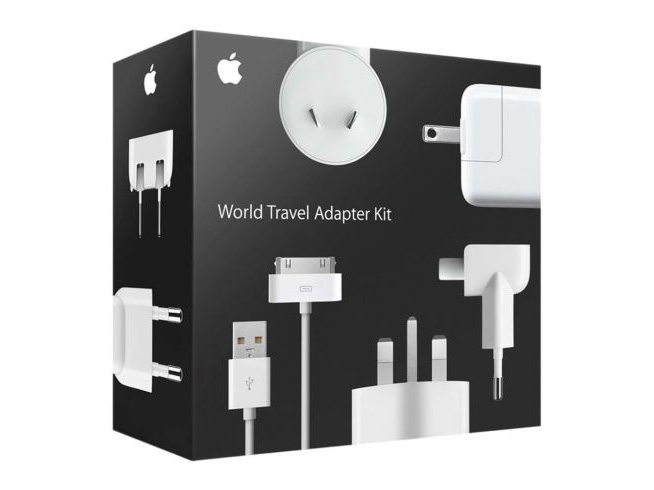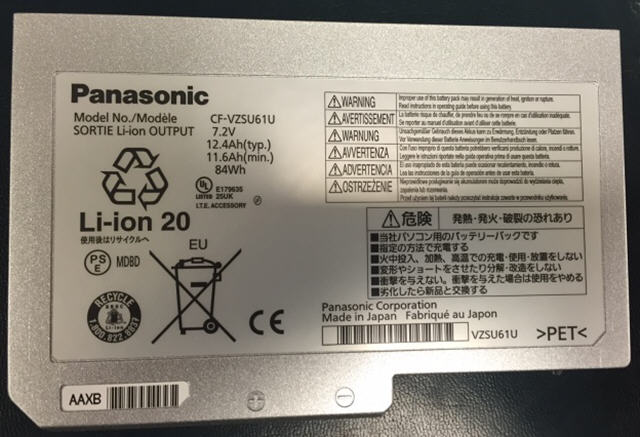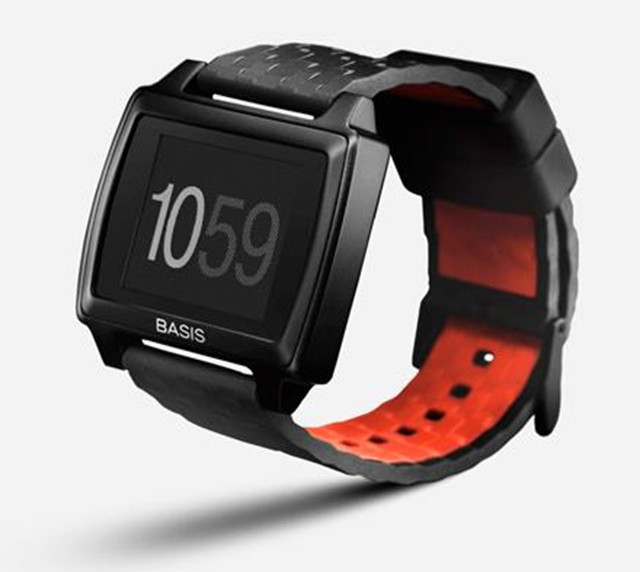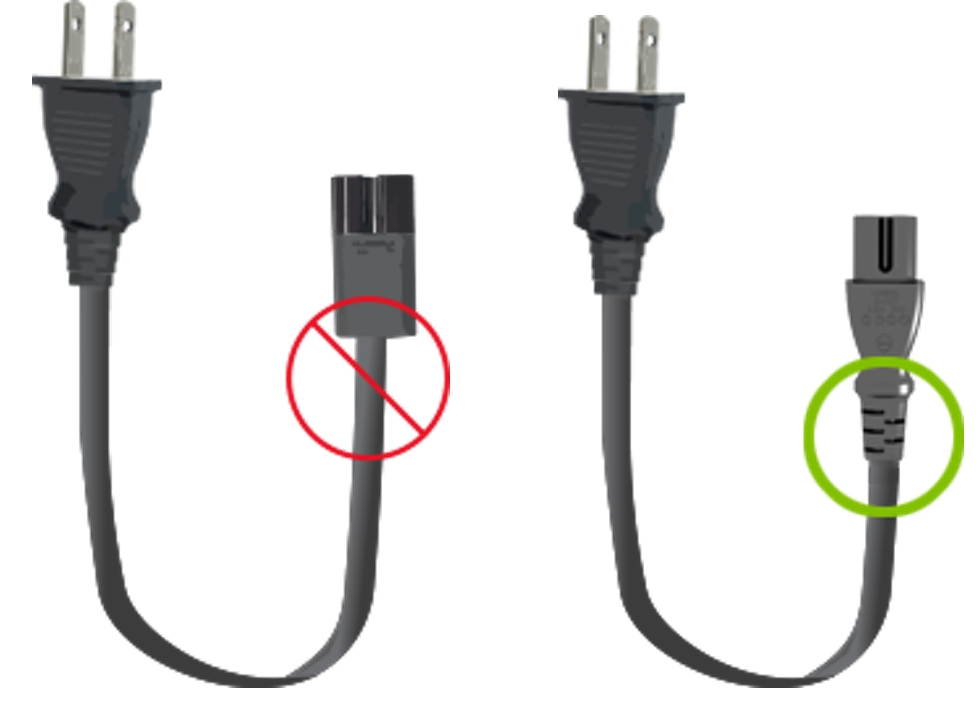
Although reports of Samsung’s Galaxy Note 7 catching fire have been rare relative to the number of devices in circulation, the issue has been headline news due to the dramatic nature of several alleged incidents.
Some commenters have suggested that Samsung’s faulty battery farce was bound to happen sooner or later due to corner-cutting resulting from the intense competition between the South Korean company and Apple. Others have argued that it was inevitable due to the need for more powerful batteries to satiate consumer demands for devices with ever-higher specifications.
Yet, while it’s unusual for cell phones to have inflammability issues, potential battery blow-ups are not news to Health Canada. Indeed, the Canadian government’s health and safety division has had to issue at least six recalls related to power storage for computing and mobile devices this year alone. That’s not counting other recalls tied to mobile or wearable electronic devices that have gone official in Canada since the start of 2016.
Here are five that standout:
1. AC power cords for Microsoft Surface Pro tablets
Microsoft would no doubt like to boast that anything Samsung and Apple can do it can do, it can do better – except when it comes to recalls for device accessories. Nonetheless, in February 2016 Health Canada formalized Microsoft’s recall of AC power cords for Microsoft Surface Pro, Surface Pro 2, and Surface Pro 3 devices sold prior to March 15, 2015.
The power cords are considered dangerous because they can overheat, creating a potential fire or electric shock hazard. This recall affected almost 190,000 power cords in Canada and 2.25 million in the US. Almost 70 incidents of overheating had been reported to Microsoft in North America at the time of the recall.
Recall Date: February 2, 2016
2. Apple World Travel Adapter Kit AC Wall Plug adapters
 Lest Apple users become complacent, the Cupertino company has had its fair share of recalled products, too. Back in 2008 the Ultracompact USB Power Adapter for the iPhone 3G was recalled because its prongs could break off in a power socket.
Lest Apple users become complacent, the Cupertino company has had its fair share of recalled products, too. Back in 2008 the Ultracompact USB Power Adapter for the iPhone 3G was recalled because its prongs could break off in a power socket.
Then, last year, Apple had to recall Beats Pill XL Speakers because, the familiar-sounding warning says, “The battery in the speaker can overheat, posing a fire hazard to consumers.”
Earlier this year, Apple also had to recall the AC wall plug adapters included in its World Travel Adapter Kit because, like the iPhone 3G adapters, they might break and become an electrical hazard. Thankfully, no shocking incidents had been reported at the time of the recall.
Recall Date: February 18, 2016

3. Panasonic computer batteries
This year has been a bad one for Panasonic laptop batteries. In March the company recalled the battery pack for its Toughbook CF-S10 Series Notebooks. In the same month, Toshiba of Canada recalled Panasonic lithium-ion battery packs for various Toshiba Portege, Satellite, Satellite Pro, and Tecra laptops.
Subsequently, in April, Sony recalled lithium-ion battery packs made by Panasonic that were installed in some of its VAIO E Series PCs. It is not clear if it was the same Panasonic battery in all cases but no injuries were reported from the use of any of the devices in which these batteries were installed.
Still, the recalls were perfectly timed to coincide with the implementation of a ban on allowing lithium-ion batteries in checked aircraft baggage, which was imposed by the International Civil Aviation Organization on April 1, 2016.
Recall Date: March 21, 2016

4. Basis Peak Watch
In August 2016, Basis Science, Inc. and Intel announced that their Basis Peak fitness and sleep tracking watches, which were being heavily promoted in Best Buy stores, might actually be bad for your health.
They recalled approximately 3,400 of the devices sold in Canada after receiving 30 reports of problem incidents worldwide. These included complaints of blisters and other skin injuries caused by, you guessed it, the watches overheating. Intel initially tried the software update route to eliminate the problem but when that failed it urged users to return the devices. It also announced that it would shut down its Basis Peak services altogether on December 31, causing this short-lived health aid to effectively expire.
Recall Date: August 10, 2016
5. McDonald’s “Step-iT” Activity Wristbands
![]()
In an attempt to cash-in on the popularity of fitness wearables and presumably do something to counter its image as a contributor to childhood obesity, McDonalds gave away toy fitness watches in Happy Meals in the United States and Canada this summer.
Unfortunately, that exercise in combining fun with PR backfired when the fast food chain began getting reports of Step-iT users experiencing skin irritation and burns. Health Canada hadn’t directly heard of any incidents at the time of the recall. The organization stated, however, that over 70 customers throughout North America had told McDonalds they weren’t lovin’ the toy they got with their kids meal.
Recall Date: August 23, 2016.
MobileSyrup may earn a commission from purchases made via our links, which helps fund the journalism we provide free on our website. These links do not influence our editorial content. Support us here.



